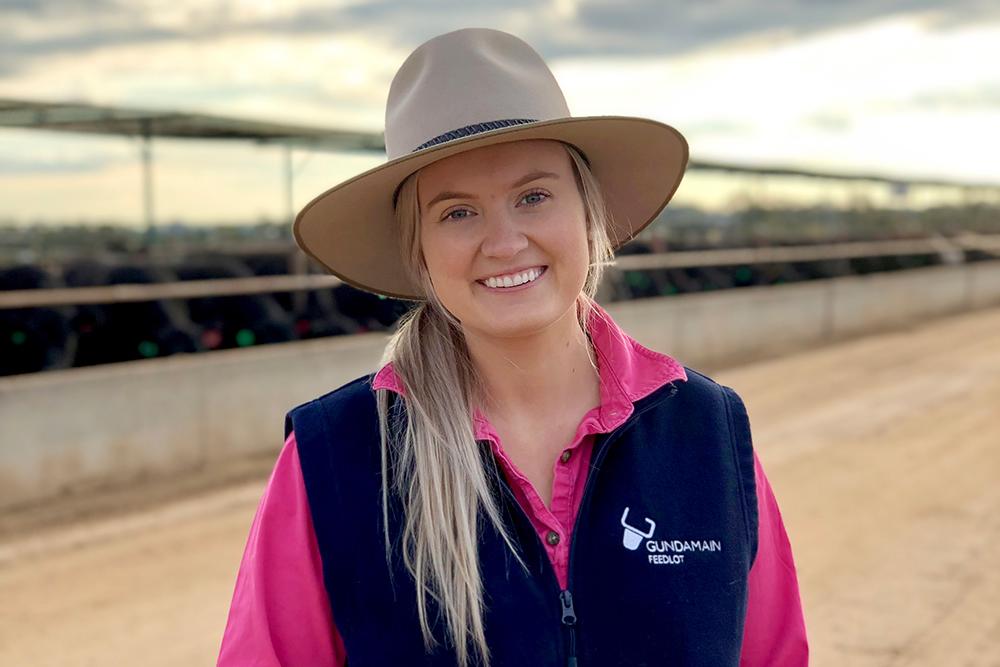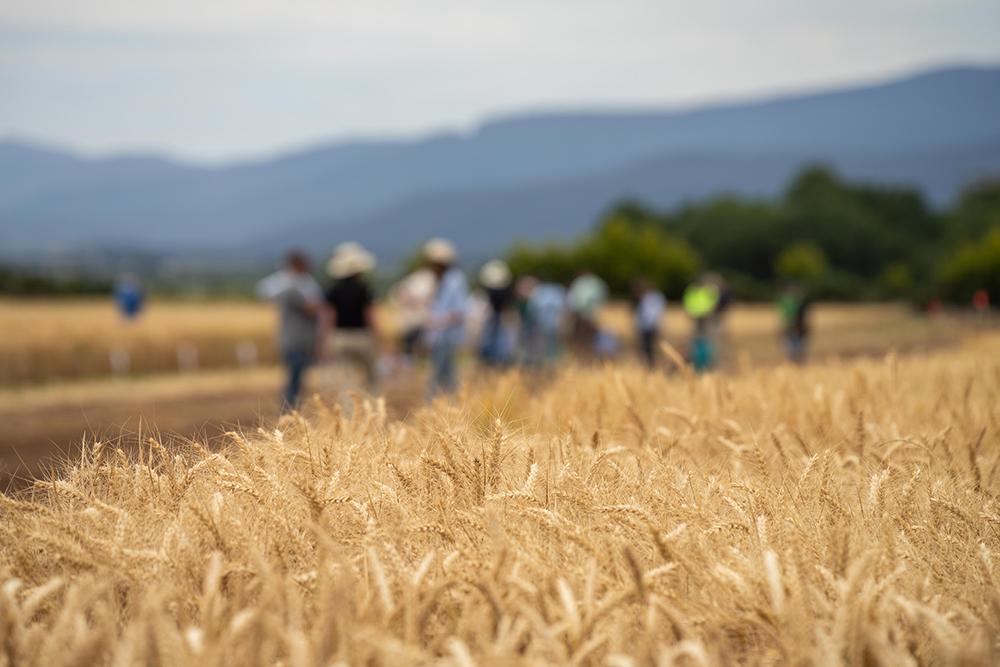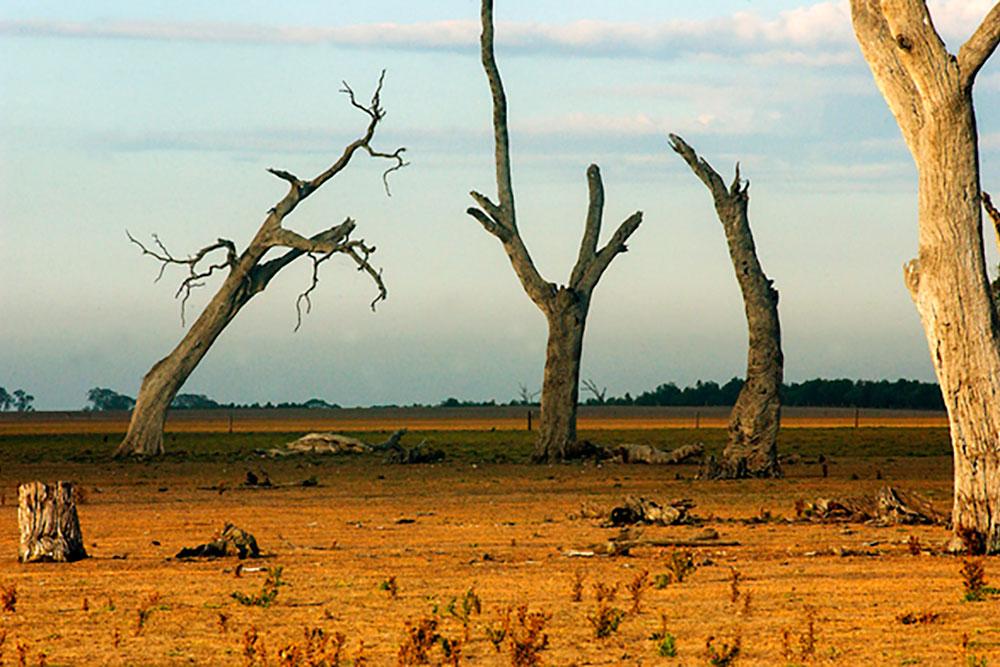Farming is a business, and drought is one of the many risks farmers face.
Check out our short video and case study below about Bundaberg farmer Joe Lyons and how his accountant helps his family business prepare for and manage through drought.
You can also find other resources to help you prepare your farm business for drought and other risks.
Living with drought – how your accountant can help
This video talks about the role that accountants have in helping farmers and their farm businesses prepare for, manage through and recover from drought. It looks at the relationship between Bundaberg farmer Joe Lyons and his accountant, and how working with his accountant helps Joe’s farming business.
Video begins:
Joe Lyons: I’m Joe Lyons and this is a family farm, my parents are still involved, and I’ve also got my family here as well.
About 50 hectares of avocados, 40 hectares now of macadamia trees, the rest of the 900 acres is dedicated to breeding cattle.
I’ve had a lot of experience with drought having grown up in regional Queensland.
When we first came here in 2002, it was the lowest rainfall year that they’d seen. Step forward to 2019 and Bundaberg experienced its driest year on record.
We’re lucky that we’re in an irrigated area and have access to a river, it dries up too, so you know, we had to look outside the square early on and we put in some of our own storages here. That gives us a bit of a butter of about 6 months, especially with our irrigated crops.
We also did some off stream watering points for our cattle, as best you can, build redundancies in your water and your water infrastructure, but also build redundancies into your cash flow as well.
Leanne Rudd: I’m Leanne Rudd, I became a CPA in 1997, so 25 years ago.
Everyone has a role to play in drought, it’s a team effort with advisors, with agronomists, with financiers and bankers, whoever it is, it’s definitely a team effort.
And everyone’s journey is different and you know I’m thinking all the time what if they did that.
Joe Lyons: So Leanne is our accountant, we’ve been with Leanne now for the last 5 years and yeah its been great.
They are an outside person looking in as much as anything. Look, they help us a lot with our compliance of course, we’re running a business here, but look these are guys that are obviously seeing the intimates of your business dealings and you know they’re going to be there to maybe hopefully point you in the right direction.
In terms of them helping us with drought I think the biggest thing is making us aware of the help that’s out there.
In agriculture you have boom and bust years, so you have some very good years and then like we’re talking about drought, we have some very bad years where we have no cash flow.
It’s probably easier said than done but there quite often when you have good years like we’re experiencing now is probably the times when you should be thinking about what you’re going to do to get through the next drought.
Leanne Rudd: The more prepared you can be and know what’s available and out there, it’s just trying to be a step ahead I suppose, because its not a matter of it, it’s when.
Joe Lyons: We’ve been here and experienced the drought before, experiencing them always is not a bad thing, it gives you hope hey.
Video ends with static slide that says Living with drought, find out how your accountant can help, then brings up 2 logos, one for the Australian Government and the words with thanks and the CPA Australia logo.
The more prepared my clients can be, the better
They say the only certainties in life are death and taxes. But, in farming, there’s drought as well.
Just ask Queensland farmer Joe Lyons, who grew up with drought in the west of the state and has seen it come and go in the Bundaberg region he now calls home.
‘I've had a lot of experience with drought having grown up in regional Queensland,’ said Joe.
‘When we first came to Bundaberg in 2002, it was the lowest rainfall year that they'd seen. Step forward to 2019 and Bundaberg experienced its driest year on record.’
Joe and his wife Kate grow avocados, macadamias and run breeding cattle on an irrigated 900-hectare property they share with their 3 children in Electra, just outside of the town of Bundaberg.
He’s learned to prepare for hard times when conditions are good.
‘We're lucky that we're in an irrigated area and have access to a river, it dries up too, so you know, we had to look outside the square early on and we put in some of our own storages here. That gives us a bit of a buffer of about six months, especially with our irrigated crops,’ Joe said.
‘We also did some off-stream watering points for our cattle.’
‘As best you can, build redundancies in your water and your water infrastructure, but also build redundancies into your cash flow as well,’ said Joe.
Joe also said he’s turned to experts for advice as well, from his strong network of local farmers to his accountant Leanne Rudd, whom he consults every couple of months.
‘So, Leanne is our accountant, we've been with Leanne now for the last 5 years and yeah it's been great,’ said Joe.
‘They are an outside person looking in as much as anything.’
‘She helps us a lot with our compliance of course, we're running a business here, but look these are guys that are obviously seeing the intimates of your business dealings and you know they're going to be there to maybe hopefully point you in the right direction.’
‘In terms of them helping us with drought, I think the biggest thing is making us aware of the help that's out there.’
‘She’s helped us a lot, and over the years in the hard times, we’ve made use of a farm management deposit account with Leanne’s help,’ said Joe.
Leanne Rudd, founder of Bundaberg firm The Money Edge, became an accountant in 1997 and brings 25 years of experience to the job. She helps Joe with tax and succession planning, as well as compliance obligations such as business activity statements.
‘Everyone has a role to play in drought, it's a team effort with advisors, with agronomists, with financiers and bankers, whoever it is, it’s definitely a team effort,’ Leanne said.
‘When I review the financial statements or the business information, I’m portraying my story to the client about what they’re telling me and is it the right story or do they want to change the story. That’s where the value is for people.’
‘And everyone’s journey is different you know. And I’m always thinking … what if they did that?’
‘The more prepared my clients can be, the better. And letting them know what's available and out there, it's just trying to be a step ahead I suppose, because when it comes to drought, it's not a matter of if it's when,’ Leanne said.
Farmers who work with experts like accountants, financial planners, lawyers, agronomists, farm industry groups or researchers before making decisions often do better in the long term.
‘In agriculture you have boom and bust years, so you have some very good years and then like we're talking about [with] drought; we have some very bad years where we have no cash flow,’ Joe said.
‘It's easier said than done but when you have the good years like we're experiencing now, it’s probably the time when you should be thinking about what you're going to do to get through the next drought and Leanne helps us with that.’
‘We've been here and experienced the drought before, experiencing them always is not a bad thing it gives you hope,’ Joe said.




